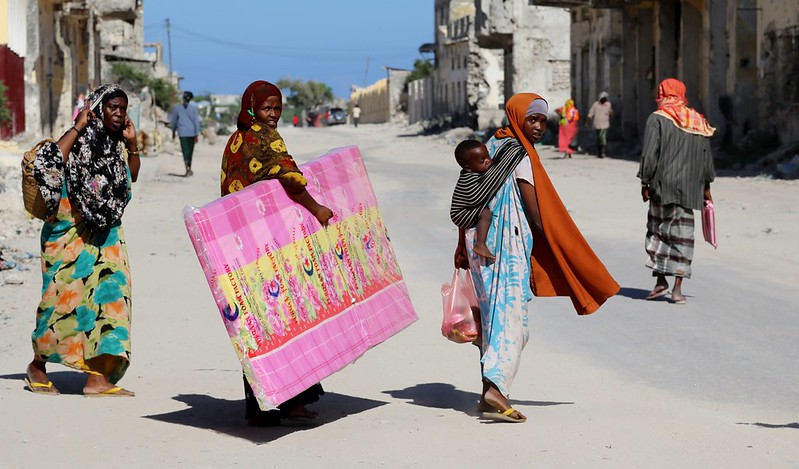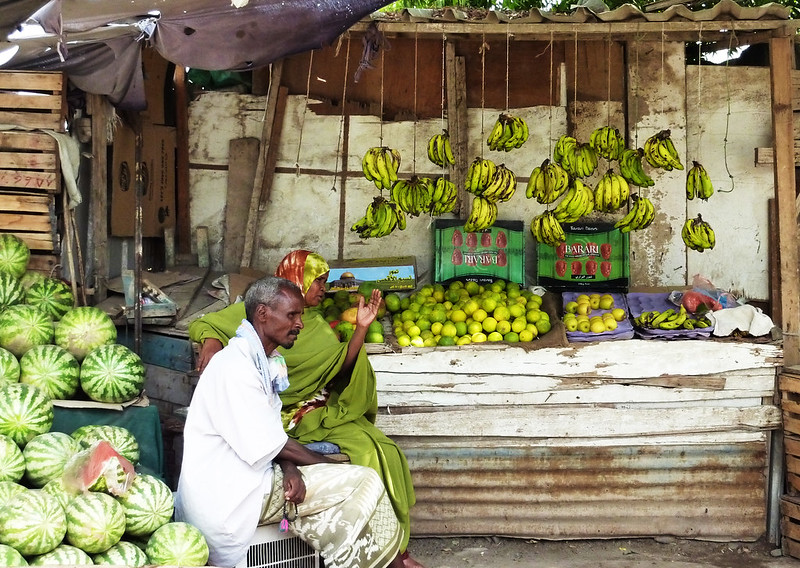 Between 1862 and 1977, Djibouti was under French occupation and established a strong economic and military presence, which still exists today. As of 2025, France has five air and naval bases in operation in Djibouti, primarily along the Bab el-Mandeb Strait.
Between 1862 and 1977, Djibouti was under French occupation and established a strong economic and military presence, which still exists today. As of 2025, France has five air and naval bases in operation in Djibouti, primarily along the Bab el-Mandeb Strait.
Djibouti thus remains one of France’s last military strongholds on the continent, following the recent withdrawals from Mali and Burkina Faso in 2022 and 2023, respectively. Beyond the military influence that France still exerts, a reliance on imports into Djibouti raises issues of autonomy. The World Food Program (WFP) reports that Djibouti imports 90% of its food, leaving the country vulnerable to fluctuations in global prices, which can significantly affect a Djiboutian’s food purchasing power.
Entrepreneurs in Djibouti
Although starting a new business is not a rapid solution to a problem as critical as food insecurity, it allows entrepreneurs in Djibouti to take control of their future and offers a level of dignity that is not always possible in countries that face difficult circumstances.
As of 2021, the World Bank’s portfolio in Djibouti came to the sum of $248 million, which went towards urban poverty reduction through community development as well as social safety nets and private sector development.
The Regional Director for the International Finance Corporation (IFC) in East Africa, Jumoke Jagun-Dokunmu, stated that the private sector is a key driver for reducing poverty in Djibouti and the IFC, together with the World Ban,k is exploring “opportunities to support reforms that will improve Djibouti’s business environment and investment climate.”
People and Projects in Djibouti
As of 2023, the Djibouti Social Development Agency and Centre for Leadership and Entrepreneurship – part of a World Bank-financed initiative – has launched the Youth Entrepreneurship Training Program (FORJE), which aims to alleviate poverty and create a ripple effect in communities with high unemployment. In 2023, estimates suggested that 79% of youth in Djibouti were without work, and for women, that figure was at 74%; hence, the need for income generation within communities that are on the periphery of government support.
The FORJE program provides 2,300 microbusinesses access to developmental services like accounting, marketing and capital. For Mouna Yacin Abdillahi, from Dikhil in South-Western Djibouti, her small restaurant business has transformed her family’s life: “The FORJE program gave me an opportunity, a reason to get up every morning, and for that I thank the creators of the program. I feel useful to the community.”
For recipients of the FORJE grants and services, the benefits go far beyond a material improvement in daily life. For Mouna, the program has empowered her and given her a sense of purpose in a community where her job prospects would have been few otherwise.
The Future
Hopefully, more programs financed by international organizations such as the World Bank will start to appear in other parts of Africa that face high levels of unemployment and poverty. Although entrepreneurship is not always the quickest solution to alleviating poverty, a combination of humanitarian aid packages and commercial training programs provides a strong base to economically regenerate communities as well as grant autonomy and dignity to beneficiaries.
– Alfie Williams-Hughes
Alfie is based in Nottingham, UK and focuses on Business and Politics for The Borgen Project.
Photo: Flickr
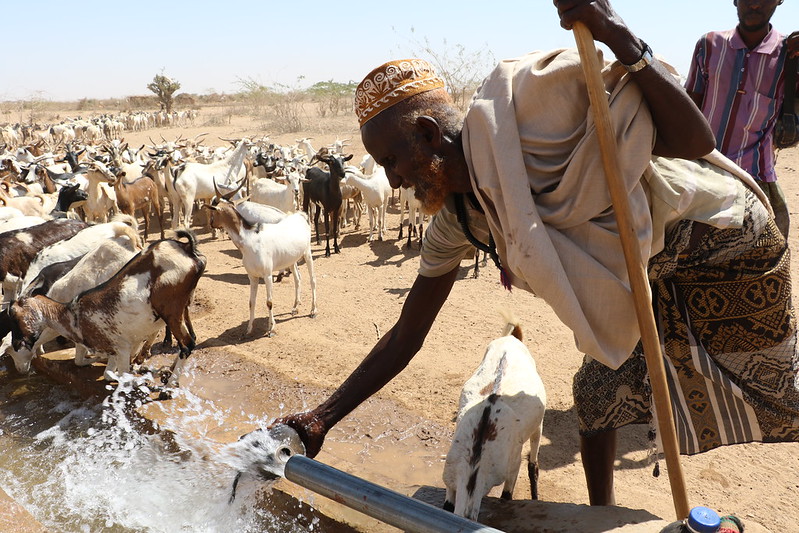
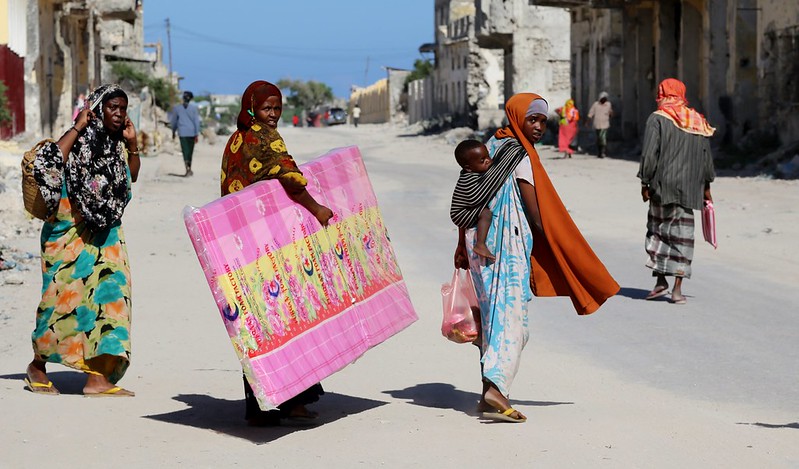 Djibouti, a small nation in the
Djibouti, a small nation in the 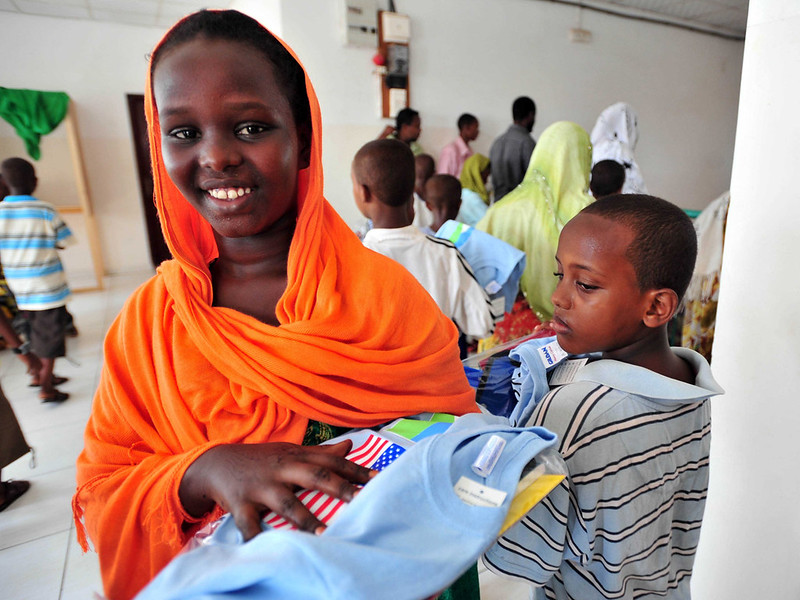 The Republic of Djibouti is
The Republic of Djibouti is 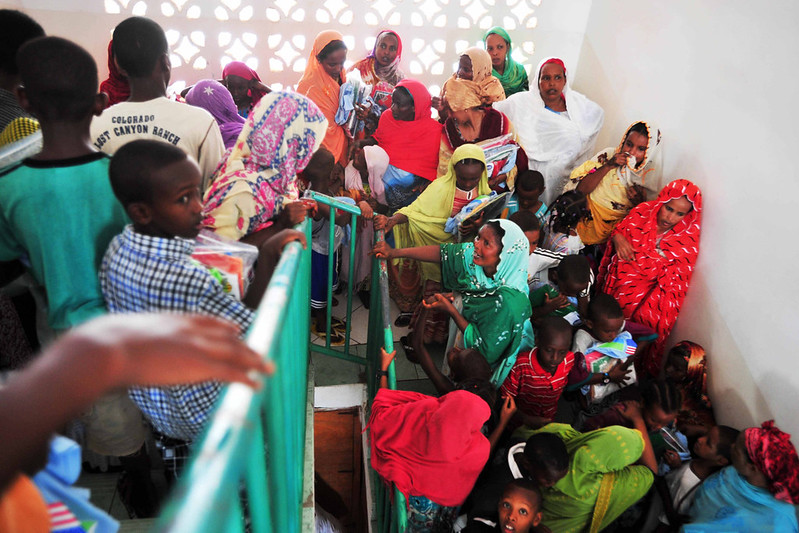 The World Health Organization (WHO) introduced the
The World Health Organization (WHO) introduced the 